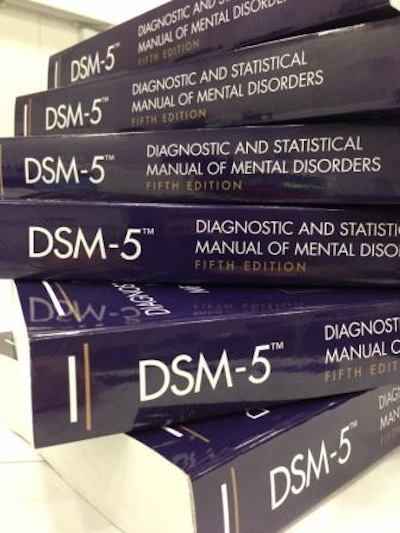Another Autistic child has been murdered by one of his parents. This time it is a six-year old, little boy named London McCabe. London joins a growing list of Autistic children who have been murdered in recent years.
A psychology professor who runs an “education” group for mothers of autistic children in California said, “quite frankly, I am surprised this doesn’t happen more often.”
Wow.
“I am surprised this doesn’t happen more often.”
The casual nature of this comment stunned me.
She then went on to say, “These children are really unable to be in a reciprocal relationship and the moms don’t really experience the love that comes back from a child — the bonding is mitigated.” This horrifying statement is untrue, but beyond that, the suggestion that if our feelings are not reciprocated, it makes sense that we become murderous, is to make us so narcissistic, so incredibly monstrous as to be unbelievable. This is Bruno Bettelheim’s famous “refrigerator mother” theory reapplied to Autistic children and it is just as awful in this new version as it was in the original.
Most Autistic children feel love for their parents, just as most non-autistic children do. Even when their parents behave horribly toward them, even when they’ve been treated with contempt, ignored, bullied, ridiculed and publicly shamed by those who say they love them, even then, most children still love their parents. As they grow older many may have more complicated feelings of despair, abandonment, become distrustful, anxious and terrified. The idea that Autistic children do not feel intensely is an outrageously, misinformed idea. Just because someone does not reciprocate in a way non-autistics understand, recognize or expect does not mean the feelings do not exist.
It is extremely disturbing to read such a statement coming from someone who is treated with deference and as though she is an authoritative voice on the topic of autism and Autistic people. This professor is one of a number of people who has a degree in psychology and has made inaccurate, misinformed and mistaken statements about autism and Autistic people, yet none stop to ask what the psychological damage is to the Autistic children and adults they demonize with their incorrect statements, not to mention the impact such statements have on a misinformed public. Unfortunately, few seem to be asking any questions about any of this or even bothering to find out if such statements are true, including the newspaper that published her comments.
There is an increasing number of Autistic men, women, teens and even younger people who are writing about their experience of life, their relationships and the world. I am surprised when I meet someone in the field of autism who does not follow at least some of the blogs so many Autistic people are writing. The Resources page of Emma’s Hope Book has dozens of links to Autistic people’s writing. The first 28 blogs listed are written by non-speaking Autistics. One of those people is my daughter, Emma. After a presentation Emma gave in New York City a few months ago, she and I had the following conversation:
Emma: I hope people will question what they have been told.
Ariane: I do too.
Emma: Horrible ideas about people, cause many to do terrible things…
A little later in that same conversation, Emma typed, “Worry and fear are fueled by furious words spoken harshly. Humor soothes, shining sunny rays spreading hope.”
As the mother of an Autistic daughter who cannot communicate fluently with spoken language, but communicates beautifully by typing, I am continuously shocked by the inaccurate information that is rampant on the topic of autism and Autistic people. Yesterday Emma typed, “Understanding that all human beings want connection is natural and fundamentally human.” And last week Emma wrote, “The people of this world need to be exposed to difference and then shown compassion for their ignorance and limited thinking.”
For people who do not have the ability to communicate with spoken language and/or have sensory issues that impact each individual differently, expecting them to respond the way people who do not have any problem speaking and have never been assaulted by their environment, is relying on a false idea. It is this false idea that continues to misrepresent so many. It is this false idea that serves to hurt Autistic people.
The psychology professor told NBC News that mothers do not have the experience of their love returned by their child. “That is one of the most difficult things for mothers” she told the reporter.
If this were true, it would be hard. Years ago, when I once believed a great many things about my daughter, that I now know are not true, it was an awful feeling. But it is far worse to be that child who loves, but is believed incapable of love. It is far worse to be so thoroughly misunderstood, to be constantly misrepresented in public, to be thought so problematic that people sympathize with the mother who murders you… that is far more horrific than anything I will ever experience in this world.

London McCabe
















